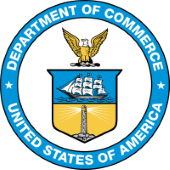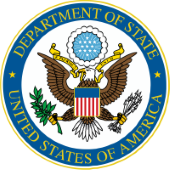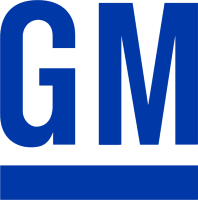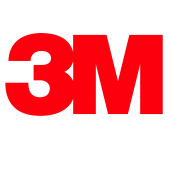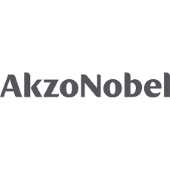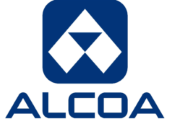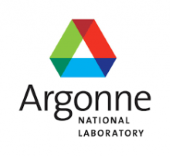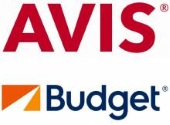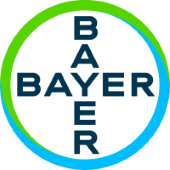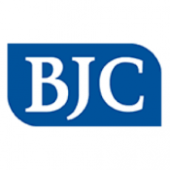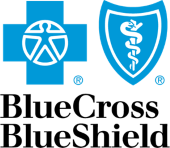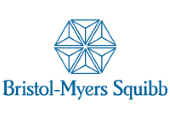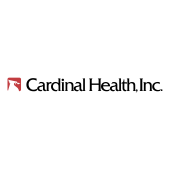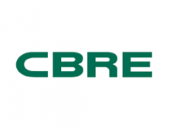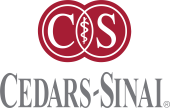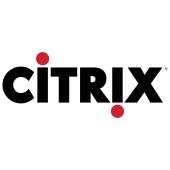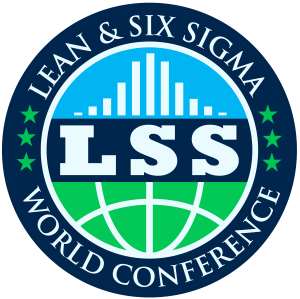 |
|  |
|
ABSTRACT 12 Organizational Sociocharacteristics to Consider During TransformationsIndustry: All Industries Keywords: Organizational Design, Leadership, Lean Level: Advanced LinkedIn: www.linkedin.com/in/mohamed-saleh-phd What if someone told you Lean doesn’t work in Healthcare? What if you found they were right! The problem that healthcare organizations have with not recognizing system performance optimizations, cost reductions, and improved quality outcomes are attributed to its characteristics during Lean transformations. This workshop dissects a recent qualitative research study conducted by the presenter that explores, from the perspective of Lean practitioners, the role sociocharacteristics in healthcare organizations had on technical characteristics during Lean implementations and how leaders' mindsets affected achieving the desired results. The four organizational Sociocharacteristic Domains with Corresponding Dimensions are:
⦁ People and Teamwork skills ⦁ Leadership Participation ⦁ Leadership Commitment
⦁ Employee Participation ⦁ Two-way Communication ⦁ Open Communication
⦁ Resistance to Change ⦁ Training Techniques ⦁ Leadership Character
⦁ Age of Organization ⦁ Size of Organization ⦁ Union or Nonunion The objective will be taking a deep dive in each of the sociocharacteristics, engaging participants in each dimensions with exercises that will highlight how Systems can be redesigned to inform the Technical systems (Management Systems, Work Systems and Improvement Systems), reinforcing healthcare required set of behaviors that would enable long term sustainable adoption throughout the Lean transformation. This Session will allow leaders and practitioners, whether in the beginning of their journey or advanced, to formulate the opportunity and walkout with key takeaways that can be immediately applied such as:
| BIOGRAPHY Mohamed SalehCEO and Founder, Vizibility llc, Windsor Locks, CT, USA Dr. Mohamed Saleh is a thought leader in shifting cultural mindsets by redesigning business systems. Dr. Saleh has a successful track record anchored in two decades of hands-on transformations with a strong interest in making a global difference by providing distinctive leading-edge Lean-inspired education and advisory services aimed at helping organizations in an array of industries achieve the highest levels of performance excellence. Mohamed’s roles in these companies were centred around Lean transformations with much of his career serving in senior level roles. At Franklin Products, a supplier of Boeing, Mohamed was introduced to the Toyota Production System and was mentored by some of the very first Shingijustu disciples in the early 2000’s. Further enhanced by his 12-year tenure as Senior Sensei and Executive of the Lean Office of Hartford HealthCare and 18 years consulting experience coaching executives, clinicians, teams, and organizations, Dr. Saleh’s distinguishing factors include people skills, setting Lean visions, advising on system designs, and leading full enterprise-wide organizational change. Mohamed, originally from Egypt, resides in Connecticut. He has a Ph.D. doctorate in Business Administration from Northcentral University, with a specific interest in organizational sociocharacteristics, technical characteristics of Lean Implementations, and leadership mindsets in healthcare organizations. Executive Program for Mastering Negotiation & Influence from Massachusetts Institute of Technology, a Master’s in Engineering and Technology Management, Bachelor’s in Mechanical Engineering from Central Connecticut State University and is a certified Six Sigma Black Belt from Kaplan University. He has over a decade teaching as a part-time Professor at the Graduate School of Engineering & Technology Management at Central Connecticut State University and the MBA School at Elms College. He is an international keynote speaker, writer, mentor, executive coach, and experienced trainer with the ability to relate to all levels within an organization, unleashing their full human potential as leaders while successfully aligning their objectives. |



